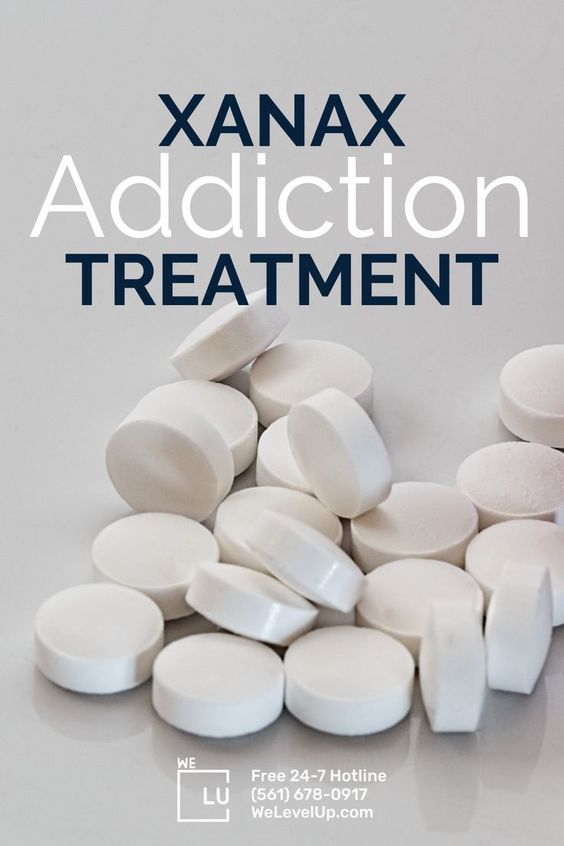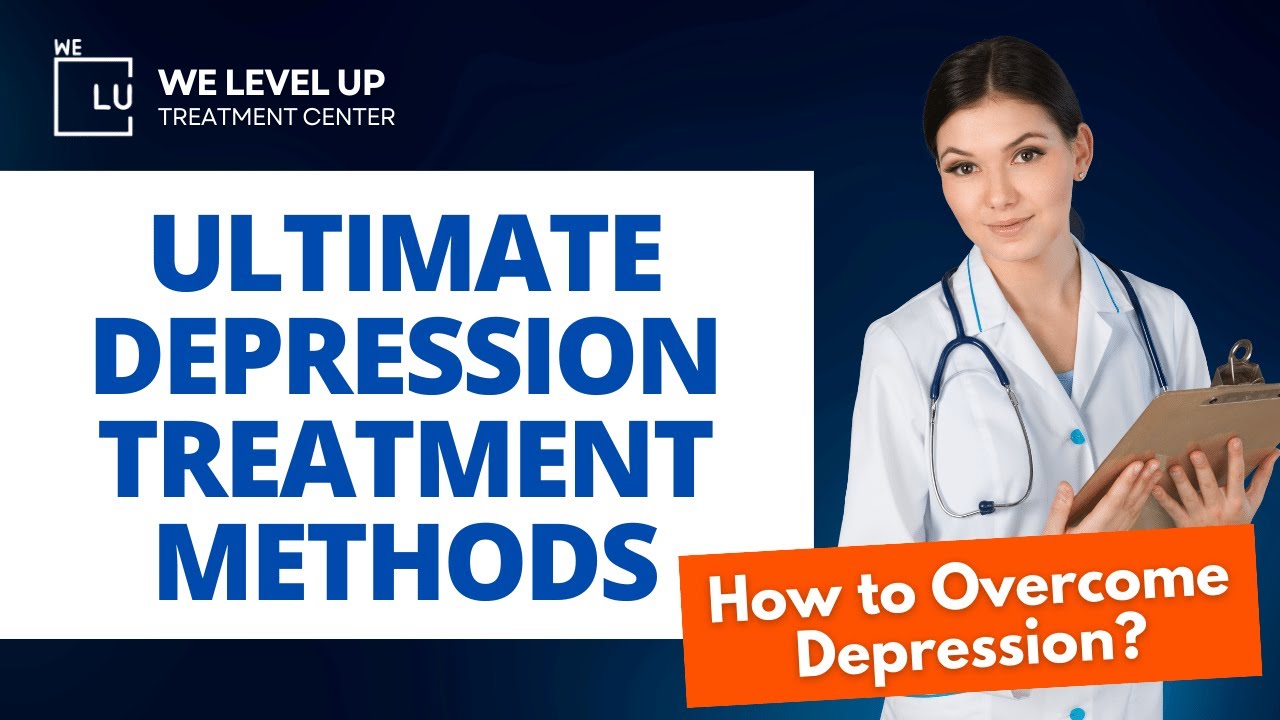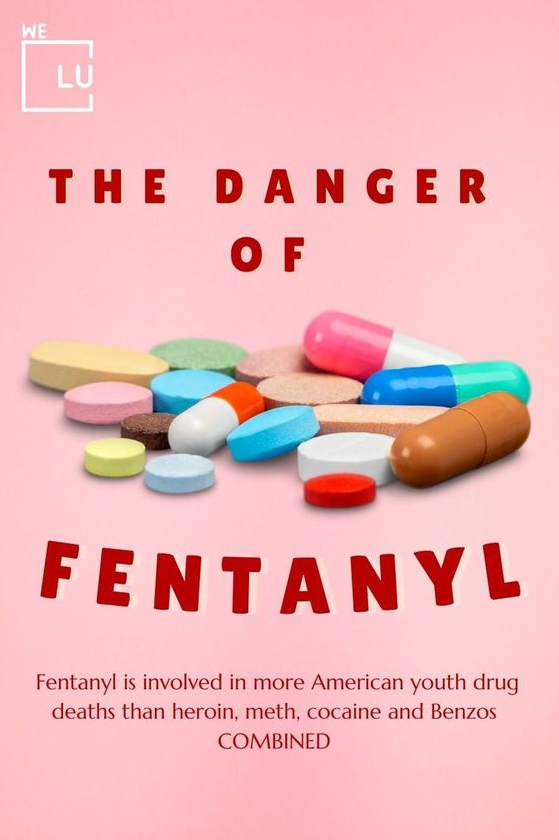Oxycodone, a prescription opioid used primarily for severe pain relief, has a high risk of abuse and addiction. Individuals who regularly consume or misuse oxycodone will experience severe oxycodone withdrawal symptoms if they abruptly discontinue or significantly reduce their usage. We’ll look at the causes, symptoms, duration, and severity of oxycodone withdrawal, as well as potential detoxification and rehabilitation options.
If you or someone you know is suffering from Oxycodone substance abuse or withdrawals, the We Level Up Treatment Centers can help. Speak with our hotline specialists and discover the support and professional-accredited addiction treatment programs we offer.
What is Oxycodone?
Oxycodone, a potent semi-synthetic opioid, is prescribed to alleviate moderate to severe pain stemming from conditions like traumatic injuries, arthritis, and cancer. The euphoric effects of Oxycodone can lead individuals to misuse it, akin to the sensations experienced with heroin use. It’s categorized as a Schedule II substance, similar to drugs like cocaine and methamphetamine, indicating a high potential for abuse and dependency.
As a full opioid agonist, Oxycodone operates by binding to mu-opioid receptors situated in the brain and throughout the body, primarily responsible for pain regulation, respiratory depression, euphoria, and sedation. Prolonged misuse of Oxycodone can result in physical dependence, often associated with various adverse effects, including withdrawal.
Additionally, OxyContin, an extended-release form of Oxycodone, releases the opioid slowly into the system, heightening the risk of overdose and fatality.
The 2020 National Survey on Drug Use and Health (NSDUH) revealed that 3.2 million individuals aged 12 and above misused oxycodone products in the preceding year, encompassing OxyContin. While specific OxyContin addiction statistics were not provided, the NSDUH reported 2.3 million individuals grappling with a prescription pain reliever use disorder, which includes addiction to substances like OxyContin.
What is Oxycodone Withdrawal?
Oxycodone, a powerful opioid present in frequently prescribed opiates, prompts users to build a tolerance over time, necessitating increased doses for desired effects.
Once reliant on Oxycodone, discontinuing the drug triggers uncomfortable and potentially distressing withdrawal symptoms. Specific individuals relapse during withdrawal owing to the intensity of symptoms, while others persist in Oxycodone use to maintain a sense of normalcy and evade experiencing withdrawal discomfort.
What are Oxycodone Withdrawal Symptoms?
Withdrawal symptoms generally manifest within 8-12 hours after the last oxycodone dose. Infrequent users may undergo milder withdrawal than chronic, heavy users. Typically, oxycodone withdrawal symptoms resemble flu-like symptoms akin to heroin withdrawal.
Common oxycodone withdrawal symptoms include:
- Nausea and vomiting.
- Fatigue.
- Depression.
- Coughing.
- Diarrhea.
- Runny nose.
- Teary eyes.
- Sweating.
- Anxiety.
- Shaking.
- Increased heart rate.
- Body aches and pains.
- Irritability.
- Poor concentration.
- Mood swings.
- Inability to feel pleasure.
The symptoms of Percocet and OxyContin withdrawal will be very similar because oxycodone is the active ingredient in these painkillers.
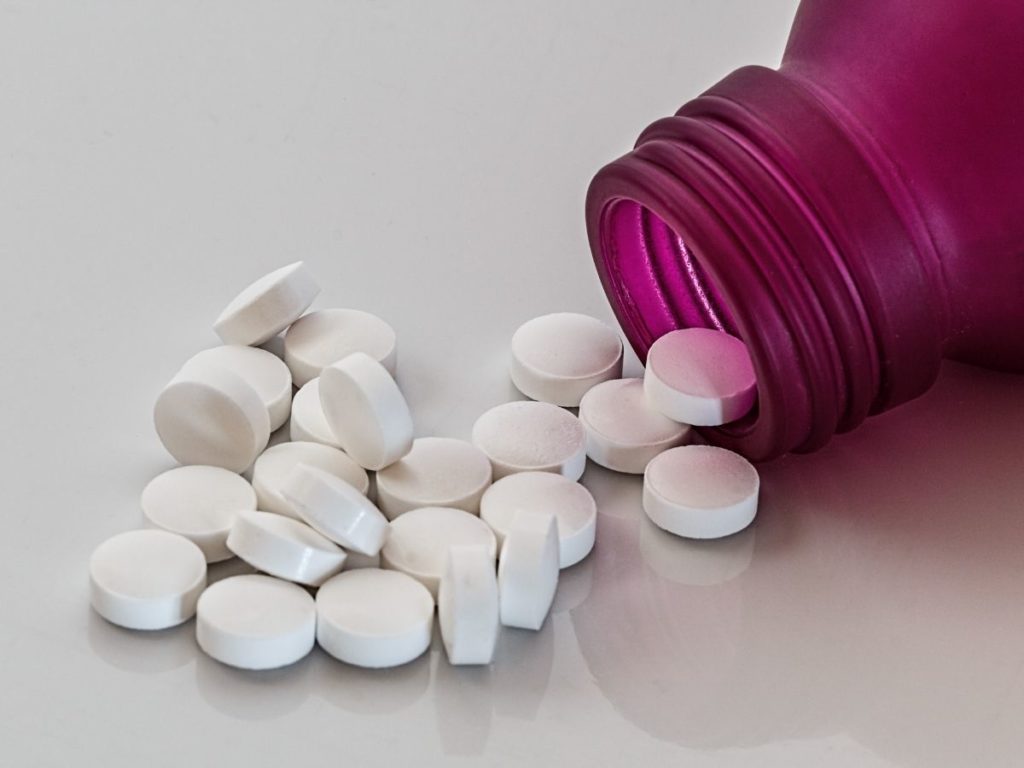
Skip To:
Learn More:
- Is Oxycodone Addictive
- What Is Oxycodone?
- Oxycodone Side Effects
- Opiate Withdrawal
- Opioid Withdrawal Timeline
- Opioid Withdrawal Symptoms
- Tramadol vs Oxycodone: Which is Better? Side Effect Comparison
- Oxycodone Dosage Guide, Precautions, and Max Dose
- Oxycodone Vs Oxycontin. Differences & Similarities, Abuse & Treatment Options
Get Help. Get Better. Get Your Life Back.
Searching for Accredited Drug and Alcohol Rehab Centers Near You? We Level Up Texas Is Opening Soon!
Even if you have failed previously and relapsed, or are in the middle of a difficult crisis, we stand ready to support you. Our trusted behavioral health specialists will not give up on you. When you feel ready or just want someone to speak to about therapy alternatives to change your life call us. Even if we cannot assist you, we will lead you to wherever you can get support. There is no obligation. Call our network hotline today.
FREE Addiction Hotline – Call 24/7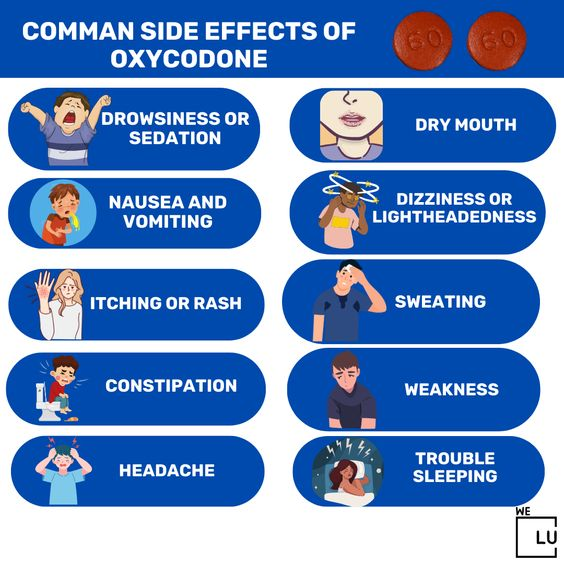
OxyContin Withdrawal Timeline
The withdrawal process from opioids varies based on the opioid’s nature—whether it’s short-acting or long-acting. OxyContin, an extended-release version of oxycodone, elicits prolonged opioid effects. Withdrawal signs usually commence within 2-4 days post the final dose, reach their peak intensity between 72-96 hours, and gradually diminish within approximately 2 weeks.
Although symptoms generally alleviate after these 14 days, specific individuals may endure prolonged effects like persistent low mood, cravings, sleep difficulties, and prolonged pain that can extend for weeks or even months.
| OxyContin Withdrawal Duration | Timeline |
|---|---|
| Onset of Symptoms | 2-4 days after the last dose. |
| Peak Severity | 72-96 hours after onset. |
| Subsiding | Around 2 weeks after the onset. |
| Prolonged Effects | Some experience extended symptoms like persistent low mood, cravings, insomnia, and pain that can last for weeks or months. |
Factors Affecting the Duration of Withdrawal Symptoms From Oxycodone
Various factors can affect the timeline for oxycodone withdrawal, including:
- Duration of oxycodone usage.
- Oxycodone dosage levels.
- Frequency of oxycodone consumption.
- Concurrent use of other substances like alcohol, benzodiazepines, or methamphetamine alongside oxycodone.
Get Help. Get Better. Get Your Life Back.
Searching for Accredited Drug and Alcohol Rehab Centers Near You? We Level Up Texas Is Opening Soon!
Even if you have failed previously and relapsed, or are in the middle of a difficult crisis, we stand ready to support you. Our trusted behavioral health specialists will not give up on you. When you feel ready or just want someone to speak to about therapy alternatives to change your life call us. Even if we cannot assist you, we will lead you to wherever you can get support. There is no obligation. Call our network hotline today.
FREE Addiction Hotline – Call 24/7Understanding Oxycodone Addiction
People may develop a dependence on a substance without necessarily being addicted. However, dependence frequently accompanies addiction. Addiction, clinically known as a substance use disorder, refers to the compulsive and uncontrolled consumption of a substance despite its detrimental effects.
It extends beyond physiological alterations like dependence, encompassing various harmful behavioral changes that negatively affect all facets of a person’s life. The progression of addiction involves significant alterations in brain function, influencing an individual’s drive, motivation, cognition, and behaviors, often leading to prioritizing drug use over everything else. Addiction development is influenced not only by repeated substance use but also by genetic, psychosocial, and environmental factors.
Causes of Oxycodone Withdrawal
The causes of Oxycodone withdrawal primarily stem from the body’s adaptation to the drug. When someone consistently uses Oxycodone, their system becomes accustomed to its presence. Over time, the body adjusts to the drug’s effects, resulting in tolerance, where higher doses are needed to achieve the same effects. When the drug is suddenly stopped or significantly reduced, the body reacts negatively, leading to withdrawal symptoms. These symptoms arise due to the body’s struggle to function normally without the presence of Oxycodone. Withdrawal from Oxycodone can be uncomfortable and painful, prompting some individuals to relapse or continue using the drug to avoid the discomfort associated with withdrawal.
Oxycodone Misuse Side-Effects
Oxycodone is classified under the Controlled Substance Act (CSA) as a Schedule II controlled substance due to its heightened potential for abuse. This designation signifies the substance’s capability to induce severe physical or psychological dependency. Despite being available for prescription use by healthcare providers, the heightened risk of addiction, dependence, adverse interactions, and potential overdosing necessitates strict adherence to prescribed medical guidelines when consuming this medication.
The euphoric and calming sensations produced by oxycodone make individuals susceptible to developing an addiction, even when following professional medical recommendations. Additionally, the body often builds a tolerance to the pain-relieving effects of the medication, prompting the individual to escalate their dosage, subsequently elevating the likelihood of dependency and addiction.
Oxycodone addiction can lead to several detrimental side effects, including:
- Chronic sinus infections.
- Intense headaches.
- Sleep apnea.
- Withdrawal symptoms in case of irregular dosing, such as muscle cramps, restlessness, perspiration, vomiting, heightened heart rate, and insomnia.
- Respiratory issues.
- Swallowing difficulties.
- Hepatic complications.
- Diminished kidney function.
Start a New Life
Begin with a free call to an addiction & behavioral health treatment advisor. Learn more about our dual-diagnosis programs. The We Level Up treatment center network delivers recovery programs that vary by each treatment facility. Call to learn more.
- Personalized Care
- Caring Accountable Staff
- World-class Amenities
- Licensed & Accredited
- Renowned w/ 100s 5-Star Reviews
We’ll Call You
Long-term Effects of Oxycodone Use
- Development of a severe tolerance.
- Emergence of withdrawal symptoms (indicative of physical dependence).
- Potential development of an opiate use disorder.
- Occasional cases of liver and kidney failure after extended use.
- Brain changes lead to issues with attention, memory, and problem-solving.
When used as prescribed and monitored by a physician, the risk of detrimental long-term effects related to medicinal use is significantly minimized. Prolonged misuse raises the likelihood of these adverse long-term effects.
Precautions on Oxycodone
Inform your healthcare provider or pharmacist about any allergic reactions to oxycodone, other opioid pain relievers, or any other allergies you may have. The inactive ingredients present in this product could trigger allergic reactions or other complications. Consult your pharmacist for more information.
Before commencing this medication, disclose your medical history to your healthcare provider or pharmacist. This includes any brain disorders, breathing problems like asthma or sleep apnea, kidney or liver disease, mental or mood disorders, history of substance use disorder, gastrointestinal issues, urinary difficulties, gallbladder or pancreatic disease.
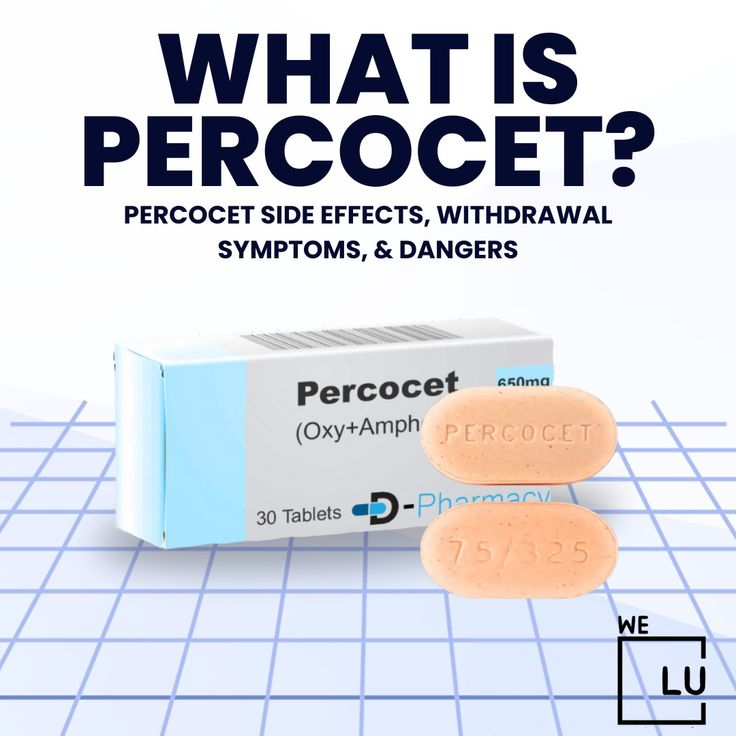
Opening Soon! First-Class Facilities & Amenities
World-Class High-Quality Addiction & Mental Health Rehabilitation Treatment
Coming Soon! Rehab Centers TourRenowned Addiction Centers. Serene Private Facilities. Inpatient Rehab Programs Vary.
FREE Addiction Hotline – Call 24/7Proven recovery success experience, backed by a Team with History of:
- 15+ Years Experience
- 100s of 5-Star Reviews
- 10K+ Recovery Successes
- Low Patient to Therapist Ratio
- Onsite Medical Detox Center
- Comprehensive Dual-Diagnosis Treatment
- Complimentary Family & Alumni Programs
- Coaching, Recovery & Personal Development Events
Potential Warnings on Oxycodone Overdose
Oxycodone carries a potential risk of abuse and addiction, increasing the possibility of overdose and fatal outcomes. It might also result in severe, potentially life-threatening breathing difficulties. To minimize these risks, your healthcare provider should prescribe the lowest effective dose of oxycodone for the shortest duration possible.
Breathing problems may be more pronounced when beginning this medication, after dosage adjustments, or when an incorrect dose/strength is taken. Combining this medication with alcohol or other substances that induce drowsiness or respiratory issues can lead to severe side effects, including death.
Additionally, other drugs may impact the elimination of oxycodone from your system, affecting its efficacy. Familiarize yourself with oxycodone’s administration guidelines and medications that should be avoided. Review the Drug Interactions section for more information. Seek immediate medical attention if severe side effects like slowed or shallow breathing, unusual dizziness, extreme drowsiness, or difficulty awakening occur.
Safeguard this medication to prevent theft, misuse, or abuse. If someone unintentionally ingests this drug, seek immediate medical assistance.
For women of childbearing age, discussing the risks and benefits with their doctor(s) before using this medication is crucial. Notify your doctor if you are pregnant or planning a pregnancy. During pregnancy, use this medication only when necessary, as it may slightly heighten the risk of birth defects within the first two months of pregnancy. Prolonged or high-dose usage close to the expected delivery date might negatively impact the unborn baby.
To mitigate these risks, use the lowest effective dose for the shortest duration. Newborns born to mothers who used this medication extensively may exhibit severe (possibly fatal) withdrawal symptoms. Notify the doctor promptly if you observe persistent crying, slowed breathing, irritability, tremors, vomiting, diarrhea, feeding difficulties, or inadequate weight gain in your newborn.
Precautions on Oxycodone Doses and Medical History
Inform your healthcare provider or pharmacist about any allergic reactions to oxycodone, other opioid pain relievers, or any other allergies you may have. The inactive ingredients present in this product could trigger allergic reactions or other complications. Consult your pharmacist for more information.
Before commencing this medication, disclose your medical history to your healthcare provider or pharmacist. This includes any brain disorders, breathing problems like asthma or sleep apnea, kidney or liver disease, mental or mood disorders, history of substance use disorder, gastrointestinal issues, urinary difficulties, gallbladder or pancreatic disease.
Oxycodone Detox
Detoxification from Oxycodone involves a supervised process aimed at managing withdrawal symptoms. It represents the initial phase of treatment to cease Oxycodone use, although continued care is usually necessary to tackle the psychological and social factors contributing to opioid use disorder (OUD).
The detox process typically comprises three stages:
- Evaluation, where a comprehensive assessment determines the treatment needs, including monitoring or addressing co-existing physical or mental health conditions.
- Stabilization involves symptom observation, administering medications if needed, and preparing the individual for further treatment.
- Facilitating the individual’s entry into treatment, ensuring they comprehend the necessity of post-detox care, and assisting in accessing a rehab program.
The duration of detox programs varies based on individual requirements, but the average duration is approximately seven days.
Oxycodone Withdrawal and Addiction Treatment
Upon completing detox, individuals may undergo various therapies and treatments as part of an extensive treatment plan. Rehab after detox is crucial for addressing underlying addiction causes. Rehab occurs in different settings:
- Residential or Inpatient Rehab: This involves residing onsite throughout treatment, receiving constant care, and participating in diverse therapies. Suited for severe addiction cases or those lacking supportive home environments.
- Outpatient Rehab: Requires traveling to the facility for treatment and returning home afterward. Suitable for individuals with supportive environments and reliable transportation.
Ongoing medication maintenance is integral for maintaining sobriety and averting relapse. Medications like methadone, buprenorphine, or naltrexone may be part of this maintenance. Naltrexone, functioning as an opioid antagonist, blocks opioid effects, preventing highs if opioids are used again.
Treatment for opioid use disorder encompasses diverse therapies and supports:
- Counseling: Addresses addiction-related issues.
- Behavioral Therapies: Cognitive-behavioral therapy (CBT), contingency management (CM), or motivational interviewing foster positive behavioral changes.
- Family Therapy: Repairs relationships affected by addiction.
- Vocational Training: Assists in employment post-rehab.
- Case Management: Aids with social services such as securing basic needs and legal aid, allowing individuals to focus on recovery.
Aftercare is essential for ongoing recovery. Post-treatment, participating in individual counseling, mindfulness-based relapse prevention (MBRP), attending support groups like Narcotics Anonymous (NA), utilizing recovery apps, or engaging in recovery management checkups with treatment providers are beneficial.
Comprehensive treatment should address substance use and associated medical, psychological, social, vocational, and legal issues tailored to individual needs.
Why Choose Level Up Treatment Center?
At Level Up Treatment Center, our dedicated team of professionals is committed to guiding you through every step of your recovery journey. We prioritize your well-being and provide a nurturing environment conducive to healing and growth.
Take the first step towards recovery today. Contact us to begin your journey to a drug-free life. You don’t have to face addiction alone—we are here to help you reclaim control and achieve lasting sobriety.
Start a New Life
Begin with a free call to an addiction & behavioral health treatment advisor. Learn more about our dual-diagnosis programs. The We Level Up treatment center network delivers recovery programs that vary by each treatment facility. Call to learn more.
- Personalized Care
- Caring Accountable Staff
- World-class Amenities
- Licensed & Accredited
- Renowned w/ 100s 5-Star Reviews
We’ll Call You
How Long Do Opiates Stay in Your System?
Search We Level Up TX Oxycodone Withdrawal Symptoms, Timeline, and Detox Topics & Resources
Sources
- National Institute on Drug Abuse. (2021, June 1). Prescription opioids drugfacts. Withdrawal from oxycodone, oxycodone withdrawal signs, oxycodone withdrawal symptoms – Related Articles
- Center for Substance Abuse Treatment. (2015). Detoxification and Substance Abuse Treatment. Treatment Improvement Protocol (TIP) Series, No. 45. Rockville, MD: Center for Substance Abuse Treatment. Withdrawal from oxycodone, oxycodone withdrawal signs, oxycodone withdrawal symptoms – Related Articles
- Diagnostic and statistical manual of mental disorders: DSM-5. (5th ed.). (2013). Washington, D.C.: American Psychiatric Association. Withdrawal from oxycodone, oxycodone withdrawal signs, oxycodone withdrawal symptoms – Related Articles
- U.S. Department of Health and Human Services. (2021, October 27). What is the U.S. opioid epidemic? Withdrawal from oxycodone, oxycodone withdrawal signs, oxycodone withdrawal symptoms – Related Articles
- Substance Abuse and Mental Health Services Administration. (2018). Opioid overdose prevention toolkit. HHS Publication No. (SMA) 18 4742. withdrawal from oxycodone, oxycodone withdrawal signs, oxycodone withdrawal symptoms – Related Articles
- National Institute on Drug Abuse. (n.d.) Commonly used long-acting opioids chart. Withdrawal from oxycodone, oxycodone withdrawal signs, oxycodone withdrawal symptoms – Related Articles
- Substance Abuse and Mental Health Services Administration. (2021). TIP 63: Medications for Opioid Use Disorder. Withdrawal from oxycodone, oxycodone withdrawal signs, oxycodone withdrawal symptoms – Related Articles
- Semel Institute for Neuroscience and Human Behavior. (n.d.). Post-Acute Withdrawal Syndrome (PAWS). Withdrawal from oxycodone, oxycodone withdrawal signs, oxycodone withdrawal symptoms – Related Articles
- Kakko, J., Alho, H., Baldacchino, A., Molina, R., Nava, F. A., & Shaya, G. (2019). Craving in opioid use disorder: from neurobiology to clinical practice. Frontiers in Psychiatry, 592. Withdrawal from oxycodone, oxycodone withdrawal signs, oxycodone withdrawal symptoms – Related Articles
- National Institute on Drug Abuse. (2020, September 18). Principles of effective treatment. Withdrawal from oxycodone, oxycodone withdrawal signs, oxycodone withdrawal symptoms – Related Articles

